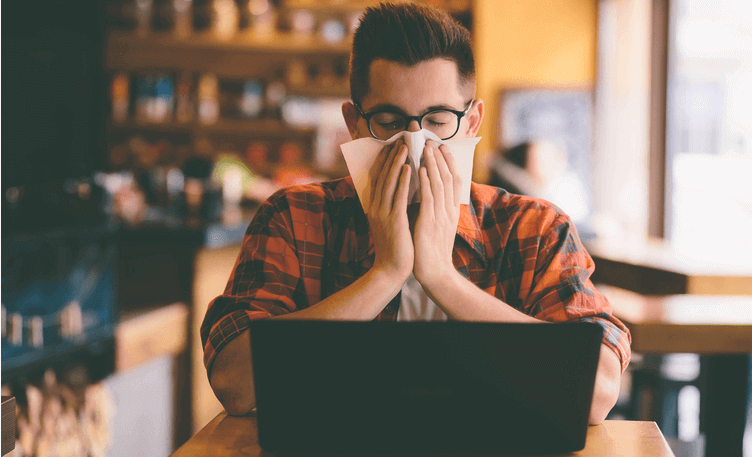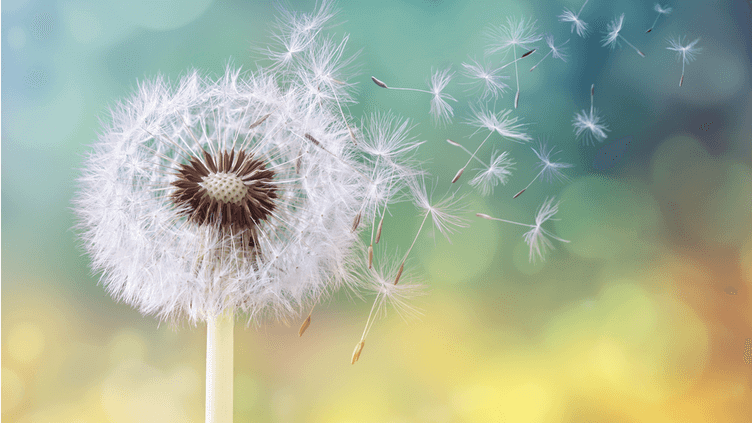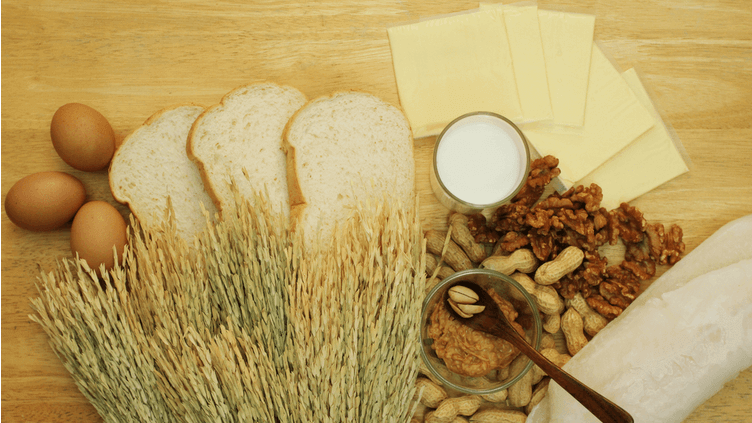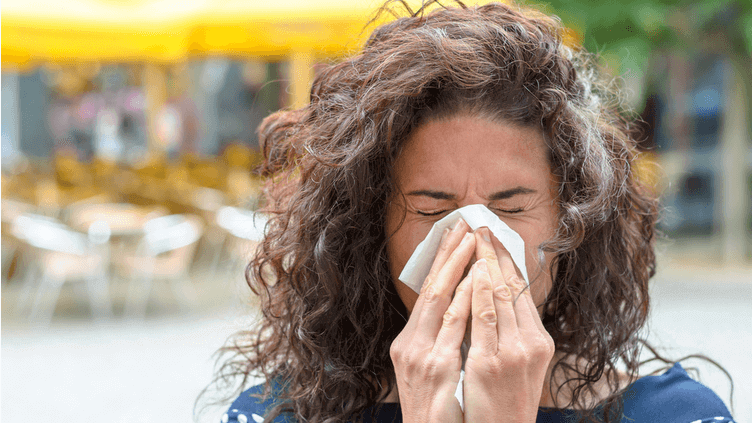5 Spring Allergies to Watch Out For


For Indians, the onset of spring brings with it a host of allergies and infections. It begins with watery, itchy eyes, wheezing, sneezing, coughing, and other symptoms.

As plants release more pollen during this time of the year, it leads to what is popularly known as ‘hay fever’ or allergic rhinitis. In India, more than 25% of the population suffer from allergic diseases. House dust mites comprise 50% of allergens, followed by pollen (25%), insects (16%), and food (1-5%). Here is a list of the top 5 spring allergies you should watch out for.

Our skin is the largest organ of our body and can be adversely affected by allergens. The different skin allergies that you should watch out for are: Eczema: dry, red, scaly patches Rash from touching something: severe itching, redness and rash, persistent, leathery, thick patches on the skin Swelling and hives: hives can vary in size, from the size of a dot to as big as a plate Try to keep your skin as moist and clean as possible. In case allergies persist, consult your doctor.

Food allergies, which are different from food intolerance, can cause an adverse immune system reaction that can affect various organs in your body. The most common food allergens to watch out for are: Milk, Eggs, Peanuts, Shellfish, Soy, Wheat.

Hay fever, also known as allergic rhinitis, is caused when you come in contact with airborne allergens like pollen, dust mites, moulds, and pet hair. It is an allergy that affects the nose and result in runny nose, sneezing, itching, and bloodshot, watery eyes. Try to stay indoors and keep the air around you as clean as possible to avoid allergens.

There is no permanent solution to getting rid of allergies. However, there are ways in which you can tackle them: 1. Stay indoors during this season, especially in the early morning when the pollen count is very high 2. Use an air purifier and keep doors and windows closed to avoid airborne allergens from entering your environment 3. Clean the air filters in your home regularly, including areas where dust can accumulate 4. Wash your hair often as pollen has the tendency to stick to hair 5. Deep clean and vacuum your house at least twice a week to ensure there is no dust or mould collecting






